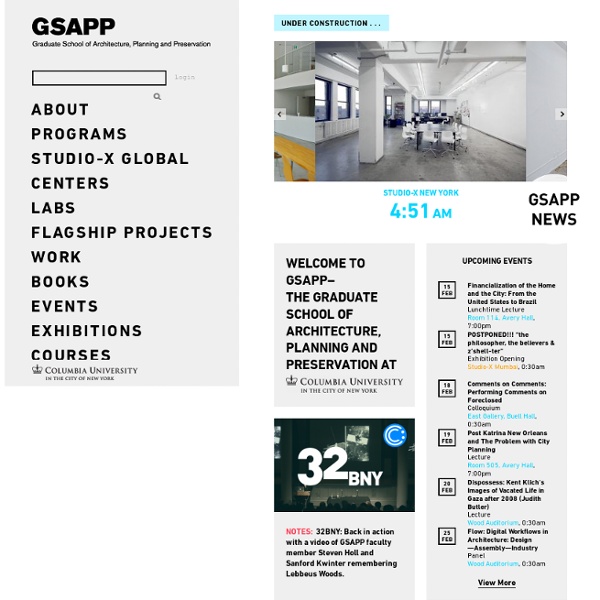



Essays | South America Conference | December 2008 Extremes of wealth and poverty in São Paulo, as is often cited by this image of the Paraisópolis favela sitting cheek-by-jowl to gated complexes of wealthy Morumbi, only partially capture the city’s deep inequality. One of the most iconic views of contemporary São Paulo, commonly used in international publications dealing with the city, is a picture in Morumbi showing the favela Paraisópolis on one side of a wall and a luxury building with tennis courts and one swimming pool per balcony on the other. However, the scholarly literature on the city and several of its main instruments of urban policy insist on another image: one that contrasts a rich and well-equipped centre with a poor and precarious periphery. According to this view, the city is made not only of opposed social and spatial worlds but also of clear distances between them. Undoubtedly, São Paulo has always been a city marked by sharp social inequalities. Conversations about crime have been common since the 1980s.
IoA Institute of Architecture Graduate School of Design - Harvard University - Homepage World Streets : The New Mobility Agenda | 2012 Q1 : Brainstorming the Surprising Future of Equity-based Transport Perkins Eastman: Home Page Making Maps: DIY Cartography Lincoln Institute of Land Policy > Home Welcome to the webpage of the research program "Megacities - Megachallenge" Megacities - according to various definitions cities with more than 5, 8 or 10 million inhabitants - are particularly important in the global urbanization processes. They are results of globalisation and are subject to global ecological, socio-economic and political change. Reciprocally, they are also determining factors of global change due to their global outreach and high developmental dynamics. New are not only the unprecedented dimensions of their quantitative growth, the high concentration of population, infrastructure, economic power, capital and decision-making as well as the extreme, sometimes self-reinforcing acceleration of all development processes. Megacities are a fundamentally new form of urban socialization of the 20. and 21. Informality. Informality must be understood as a basic principle of urban live, economy and policy.
Slum Lab Urban-Think Tank - Interdisciplinary Design Studio The philosophy of U-TT is to deliver innovative yet practical solutions through the combined skills of architects, civil engineers, environmental planners, landscape architects, and communication specialists. In 1993, founded U-TT in Caracas, VZ, and in 1998, joined as co-director. Operating with offices in Caracas, São Paulo, New York, and Zürich, U-TT is positioned to serve clients and work on projects all over the world. View selected client list View U-TT approach to work Download Urban-Think Tank portfolio (2.87MB) Download Urban-Think Tank CV (158KB)